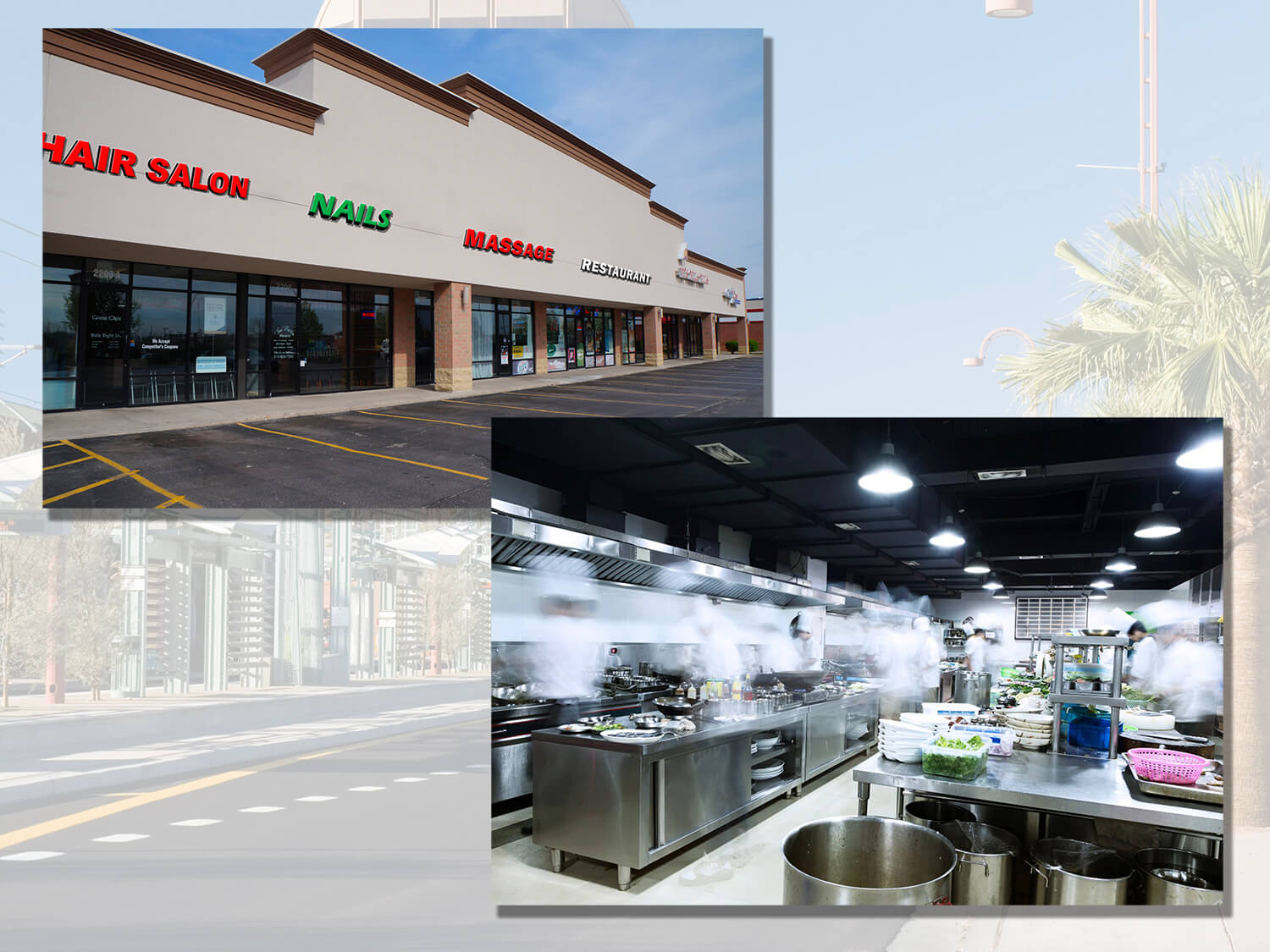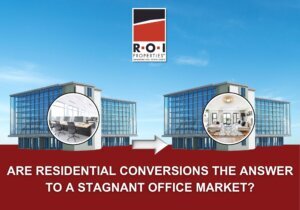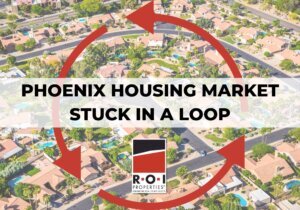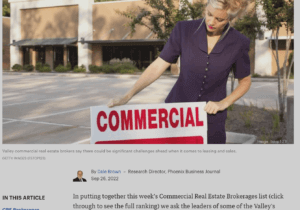Even before the arrival of the pandemic, competition from Amazon and other online retailers was already causing headaches for traditional brick-and-mortar locations. When lockdowns and other social restrictions made in-person shopping an even greater challenge, the situation looked dire. With the worst of the pandemic behind us, however, the retail real estate recovery that sprouted in spring is looking stronger as we head into the holidays. Foot traffic is up at regional malls and multitenant strip malls, and neighborhood retail has successfully shifted from products to services.
According to CoStar, mall vacancy rates fell 150 basis points last year, and it is expected that they will decline an additional 170 basis points in 2021. AZ Big Media recently reported that investment sales are up in Greater Phoenix retail real estate, and the market posted positive net absorption in the first half of the year—more than twice what was absorbed in all of 2020.
In particular, two trends have been key in fostering recovery:
Trend #1: Service-Based Retail, and Drive-thru, Takeout and Cloud Kitchens
Advances in technology and changes in consumer habits (particularly the desire to eat at home) are the story here—and to be sure, there are several sub-trends within this main trend. A number of chains are placing their bets on for the long term by investing heavily into the drive-thru/pick-up window channels, including multiple lanes, digital signage, curbside pick-up options, and bellhop-style service with tablets. McDonald’s has even tested license-plate recognition for frequent customers. According to a survey earlier this year, nearly three-quarters of U.S. consumers have used a drive-thru since the start of the pandemic, with overall usage up 43% since April 2020.
Similarly, digital orders at fast-food restaurants have increased by 23% since first implemented, a number which is anticipated to triple in 2021. Cloud/ghost kitchens provide lower risk and higher return, particularly in high-rent areas.
Delivery-only models have been made possible recently by advances in technology and changes in consumer habits. Food delivery is set to grow to a $200 billion industry by 2025, due to shifting changes in behavior, with nearly half of consumers preferring to eat at home.
All of these statistics have affected the real estate market, creating a surge in demand for properties with existing drive-thrus (or the space to add them) from investors, developers, and tenants alike.
Despite the boom, this segment is not without challenges, including rising food and fuel costs. The traffic boom has been partly responsible for a nearly 1-minute increase in wait times vs. pre-pandemic performance, as well as a decrease in order accuracy from 87% in 2020 to 85% in 2021. Exacerbating that issue, the National Restaurant Association’s midyear report found that 75% of restaurant operators cited recruiting and retaining workers as the #1 business challenge, which is the highest in the two decades they’ve tracked that statistic.
Trend #2: Adaptive Re-Use/Mixed-Use Leads the Retail Real Estate Recovery
Next, adaptive re-use and mixed-use trends in Phoenix and across the nation, particularly within hospitality and retail, have continued to unfold. Mixing office and multifamily use creates a virtuous circle: helping mall owners create foot traffic through the addition of office workers and residents, who in turn benefit from easy access to mall amenities such as dining and shopping. Last-mile delivery and distribution centers are often another feasible option for malls with empty space.
Brick-and-mortar continues to be a tough arena, and real estate research firms are predicting that more than half of all major U.S. department stores in malls will have permanently shuttered by the end of 2021. Notwithstanding, consumers still want to touch and feel their goods, and many digital-native retailers (such as Warby Parker, Untuckit, Allbirds, Away and Third Love), are opening up/operating brick-and-mortar stores for this very reason.
Despite the challenges in the retail real estate space, there’s been a wave of new-build activity around the Valley. The mixed-use trend can be seen in several developments currently underway or in the planning stages:
- In Gilbert, Epicenter at Agritopia is an under-construction mixed-use development. In addition to 320 multifamily units, the high-end site includes 49,000 square feet of retail space that recently added LGO Hospitality’s Buck & Rider to a lineup that includes well-known names such as Gadzooks, Spinato’s, and Matt’s Big Breakfast.
- Litchfield Park is breaking ground on Litchfield Square, a 400,000-square-foot mixed-used development. The project is expected to include retail, professional offices, and luxury condominiums.
- In east Mesa, East Gate Plaza will have a prime position across the street from Facebook’s proposed $800 million data center. The development will include retail, restaurants, hospitality, medical and office sites.
- Other notable developments leveraging a work/live/play model include The Grove at 44th Street and Camelback in Phoenix, 75th & Glendale Retail Center in Glendale, the Shops at Lake Pleasant in Peoria, and Queen Creek Crossing and Vineyard Towne Center, both in Queen Creek.
While department stores may be a thing of the past—or may need to right-size/boutique their operations—there is life in retail, and consumers have dollars to spend. In addition to the trends above, Phoenix’s population growth rate should continue to coax this market into balance as it continues to evolve.
R.O.I. Properties represent investors, owner-occupants, lenders, and fiduciaries in buying, selling, and leasing commercial real estate throughout the Greater Phoenix market and the state of Arizona. Whether you need help investing in properties (mainstream or distressed properties), we are full-service real estate brokers who handle all commercial asset classes. In addition, we serve as Fiduciaries through court appointments as Real Estate Special Commissioner/Special Master and REO broker. To put an expert advocate on your side, contact us at [email protected] or 602-319-1326.











